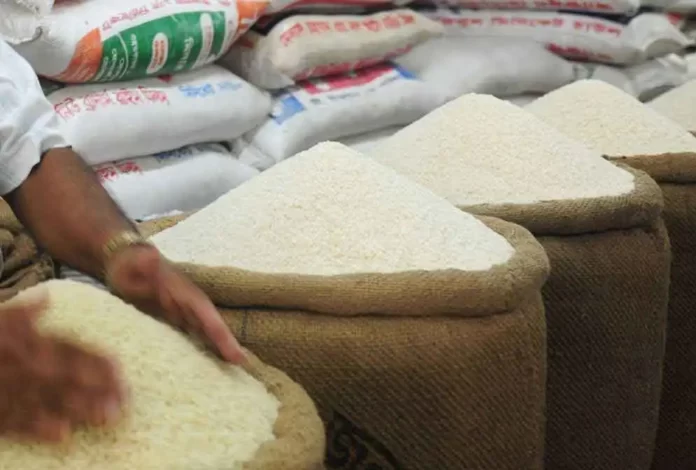ISLAMABAD: A high-powered inquiry committee which was formed to investigate interceptions of Pakistan’s rice shipments to the European Union (EU) due to pest contamination and Genetically Modified Organisms (GMO) is reported to have overlooked key technical issues.
In fact, officials of the Ministry of National Food Security and Research (MNFSR) believe that the committee’s findings only focus on needlessly grilling the ministry and its Department of Plant Protection (DPP), diverting attention from what they believe is the core causes of these interceptions.
Officials in DPP believe that the inquiry committee, constituted by the Prime Minister, has failed to address the root causes, such as compliance gaps in food safety and Maximum Residue Limit (MRL) standards. The Secretary MNFSR informed a National Assembly Standing Committee that the inquiry’s findings were complete and would soon be submitted to the premier.
Systemic dysfunction in governance:
Pakistan’s bureaucratic inefficiency—often a legacy of colonial administration—remains a barrier to effective governance. Bureaucratic corruption, political interference, and appointments based on loyalty rather than merit have led to systemic failures in key institutions. In the case of the DPP, these issues manifest through lack of qualified technical staff, and inadequate regulatory frameworks.
Despite exporting rice worth $3.88 billion in the fiscal year 2023-2024—the highest in its history—Pakistan’s rice exports face growing scrutiny in global markets due to food safety violations. Recent interceptions in the EU flagged issues such as pesticide residues, aflatoxins, and GMOs. However, the DPP’s limited role in food safety oversight highlights a misalignment of responsibilities across government departments.
Who is the culprit?
As is with most investigations, the problem is more complex than what meets the eye. While talking to Profit, officials at the DPP state that the DPP’s mandate is restricted to biosecurity and phytosanitary compliance under the Pakistan Plant Quarantine Rules, 2019. Food safety measures, such as ensuring compliance with Codex Alimentarius standards, fall under the Ministry of National Health Services Regulation and Coordination (MoNHSR&C).
Exporters rely on private firms, such as the SGS Group, for food safety inspections, as determined by a policy shift during the previous government’s tenure.
However, Pakistan’s lack of federal food safety regulations exacerbates the problem, leaving exporters vulnerable to international scrutiny.
While the aforementioned is true it is also important to note that all the going concerns with interceptions such as pesticide residue can also be caused, directly or indirectly, by lapses in photosanitary and bio security measures.
Pakistan’s Economic Minister in Brussels, Omer Hameed,who wrote a letter regarding the rice interceptions, directed most of the blame to the DPP.
The inquiry committee’s approach has raised eyebrows. While it scrutinized the DPP’s operations, it failed to address pressing questions:
• Why has Pakistan not enacted federal food safety regulations despite joining the Codex Alimentarius Commission decades ago?
• Why have provincial food safety authorities and agricultural departments not restricted the use of unregistered pesticides in rice zones?
• Why hasn’t the MoNHSR&C taken action on interception notifications from the EU?
Furthermore, despite repeated requests, the Economic Ministry has not appointed a DPP official to represent Pakistan in the EU Codex forums, hindering the country’s ability to address technical trade barriers.
Inadequate resources hamper the DPP:
The DPP operates with just 21 regular technical staff and 50 contract employees, who often face delays in salaries and work without proper inspection equipment or facilities at major ports. By comparison, neighboring countries like Iran and India have allocated hundreds of staff in similar roles.
Department officials state that despite these constraints, the DPP successfully certified rice exports to over 150 countries with only one reported interception due to pest contamination.
The current inquiry underscores Pakistan’s fragmented regulatory landscape. Experts stress that improving food safety compliance requires the establishment of robust federal regulations, investment in technical manpower, and better coordination between relevant ministries and provincial authorities.
Instead of scapegoating the DPP, stakeholders must address the systemic issues undermining Pakistan’s export potential. A cohesive, well-resourced approach is critical to safeguarding the country’s reputation in global markets.




